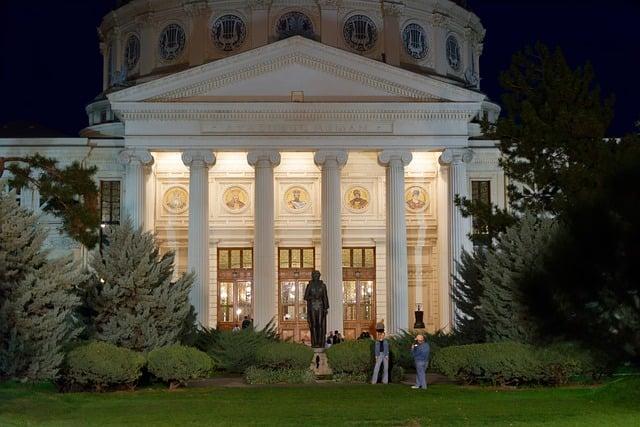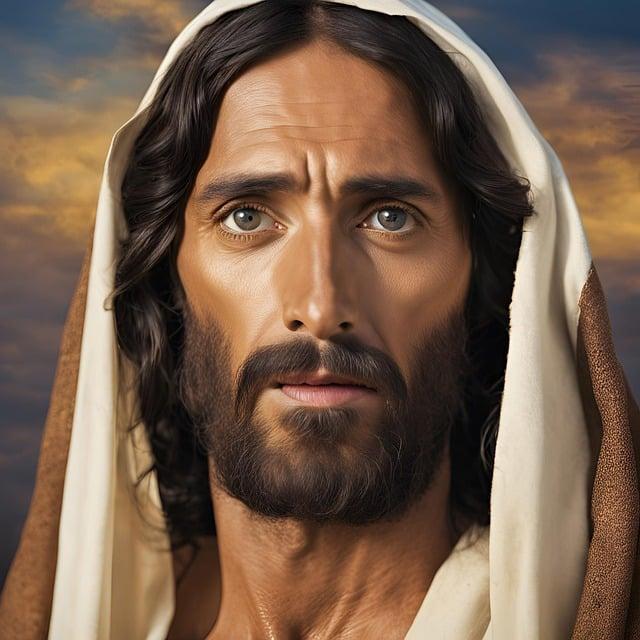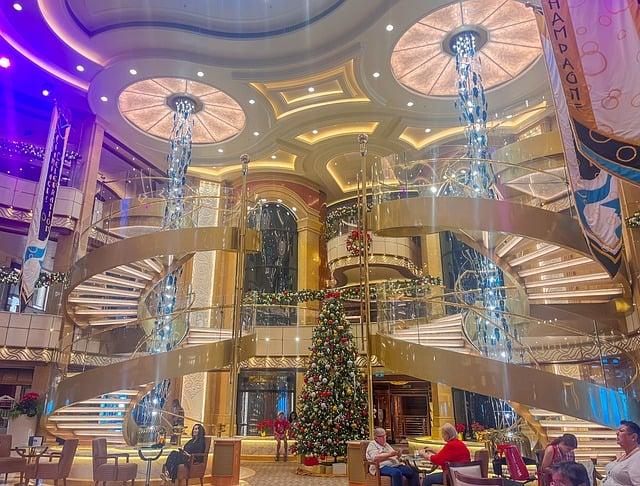Once upon a time, in a humble town of Bethlehem, a bright star illuminated the night sky, guiding weary travelers to a simple stable. Inside, a child was born, heralded by angels and celebrated by shepherds and wise men alike. This child, named Jesus, brought a message of love, hope, and peace to the world. Each year, as snow blankets the earth and families gather, they celebrate this miraculous birth on Christmas, sharing joy, kindness, and the spirit of giving, reminding us all of the light that can shine in the darkest of times.
Table of Contents
- The Historical Roots of Christmas Celebrations
- Understanding the Religious Significance of Christmas
- Cultural Traditions and Festivities Around the World
- Tips for Creating Meaningful Christmas Experiences
- Q&A

The Historical Roots of Christmas Celebrations
The celebration of Christmas has deep historical roots that intertwine with various cultural and religious traditions. At its core, the holiday commemorates the birth of Jesus Christ, a pivotal figure in Christianity. However, the timing and customs associated with Christmas have evolved over centuries, influenced by pre-Christian winter solstice festivals. Ancient Romans celebrated Saturnalia, a festival honoring the god Saturn, characterized by feasting, gift-giving, and merriment. Similarly, the Norse celebrated Yule, which involved lighting fires and feasting to welcome the return of longer days. These traditions laid the groundwork for many modern Christmas customs.
As Christianity spread throughout Europe, early church leaders sought to incorporate these existing pagan practices into the new faith to facilitate conversion. By the 4th century, December 25th was officially recognized as the date of Jesus’ birth, aligning it with the winter solstice celebrations. Over time, various elements were woven into the fabric of Christmas, including:
- Nativity scenes depicting the birth of Jesus
- Caroling as a way to spread joy and goodwill
- Decorating trees and homes with lights and ornaments
- Exchanging gifts as a symbol of generosity and love
These practices reflect a blend of religious significance and cultural heritage, making Christmas a rich tapestry of traditions that continue to evolve today.

Understanding the Religious Significance of Christmas
Christmas is a profound celebration that marks the birth of Jesus Christ, a pivotal figure in Christianity. This event is not merely a historical occurrence; it symbolizes the embodiment of hope, love, and redemption for millions around the world. The nativity story, which recounts the humble beginnings of Jesus in a manger, serves as a reminder of the divine entering the mundane, emphasizing themes of humility and grace. For Christians, this season is a time to reflect on the significance of Jesus’ teachings and the promise of salvation that his birth heralds.
The religious significance of Christmas extends beyond the mere commemoration of an event; it invites believers to engage in practices that foster spiritual growth and community. Many traditions associated with this holiday include:
- Advent celebrations that prepare hearts for the coming of Christ.
- Midnight Mass services that honor the sacredness of the night of Jesus’ birth.
- Acts of charity that reflect the love and generosity exemplified by Christ.
- Family gatherings that reinforce the importance of unity and togetherness.
Through these practices, Christmas becomes a time not only of joy and festivity but also of deep spiritual reflection and connection to the core values of Christianity.

Cultural Traditions and Festivities Around the World
Christmas is a vibrant tapestry of traditions and festivities that vary across cultures, each adding its unique flair to the celebration. In many Western countries, the day is marked by the exchange of gifts, symbolizing the gifts brought to the Christ child by the Magi. Families often gather around a beautifully adorned tree, where lights twinkle and ornaments tell stories of years gone by. Traditional meals, such as roasted turkey or ham, are served, accompanied by an array of festive treats like gingerbread cookies and eggnog. In some cultures, the evening before Christmas, known as Christmas Eve, is just as significant, featuring midnight masses and candlelight services that illuminate the spirit of the season.
Across the globe, Christmas is celebrated with a rich variety of customs that reflect local heritage and beliefs. In Italy, for instance, the Feast of the Seven Fishes is a culinary highlight, while in Mexico, the vibrant Posadas reenact Mary and Joseph’s search for shelter. In Ethiopia, Christmas, or Genna, is celebrated on January 7th, with unique religious observances and traditional games. Other notable traditions include:
- Caroling: Singing festive songs door-to-door, spreading joy and cheer.
- Nativity Scenes: Displaying the birth of Jesus in homes and public spaces.
- Festive Markets: Gathering places for food, crafts, and holiday spirit.
- Secret Santa: A fun gift exchange that adds an element of surprise.

Tips for Creating Meaningful Christmas Experiences
Creating memorable moments during the festive season can transform the way we celebrate. One way to enhance the experience is by **embracing traditions** that resonate with your family and friends. Consider incorporating activities such as:
- **Baking holiday treats** together, allowing everyone to contribute their favorite recipes.
- **Decorating the home** as a team, turning it into a fun and collaborative project.
- **Volunteering** at local charities, fostering a spirit of giving and community.
Another approach is to **personalize your celebrations** to reflect the unique values and interests of your loved ones. This could involve creating a **custom gift exchange** where each person gives a handmade item or a thoughtful letter. Additionally, consider hosting a **themed movie night** featuring classic holiday films, complete with cozy blankets and hot cocoa. By focusing on shared experiences and meaningful connections, you can cultivate a festive atmosphere that truly embodies the spirit of the season.
Q&A
-
What is the main event celebrated on Christmas?
Christmas primarily celebrates the birth of Jesus Christ, who is regarded as the central figure of Christianity. This event is commemorated on December 25th each year.
-
Are there any specific traditions associated with Christmas?
Yes, Christmas is rich with traditions, including:
- Decorating Christmas trees
- Exchanging gifts
- Singing carols
- Attending church services
-
Why do people celebrate Christmas with gift-giving?
Gift-giving during Christmas symbolizes the gifts brought to Jesus by the Wise Men, as well as the spirit of generosity and love that the holiday embodies.
-
Is Christmas celebrated in the same way around the world?
No, Christmas celebrations vary globally, influenced by local customs and cultures. While the core theme remains the same, the ways people celebrate can differ significantly.
As the holiday season approaches, the celebration of Christmas invites us to reflect on its rich tapestry of traditions and meanings. Whether through religious observance or festive gatherings, this event unites hearts and cultures, reminding us of the joy of togetherness.




